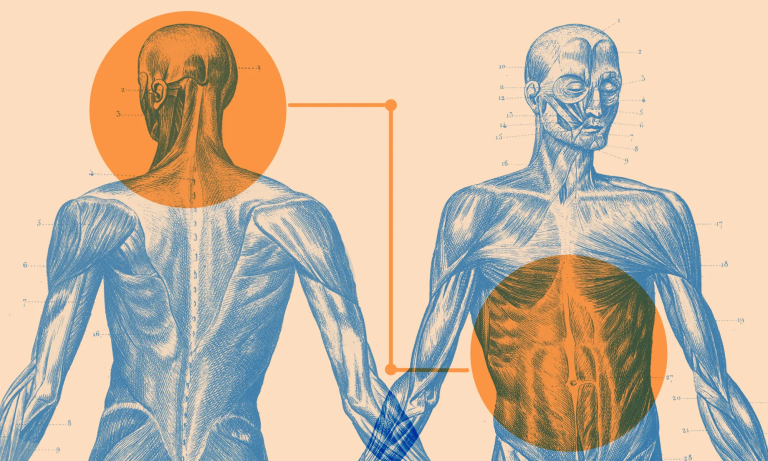
innovuscollege – The debate over whether eating late at night is detrimental to health has been a hot topic for years. Many people believe that eating after a certain hour can lead to weight gain and poor health outcomes. But is this belief grounded in fact, or is it merely a myth? Let’s delve into the science behind late-night eating.
The Myth: Eating Late Causes Weight Gain
One of the most common beliefs is that consuming food late at night leads to weight gain. The reasoning behind this notion often involves the idea that late-night eating encourages overeating, poor food choices, and a lack of physical activity.
The Facts: It’s About Total Caloric Intake
While it’s true that many people who eat late at night may indulge in unhealthy snacks or larger portions, research shows that the timing of your meals is less important than the total caloric intake and the quality of the food you consume throughout the day.
- Caloric Surplus: Weight gain occurs when you consistently consume more calories than your body expends. If you’re mindful of your overall calorie intake, it doesn’t matter whether you eat at night or during the day.
- Food Choices Matter: It’s essential to consider what you’re eating late at night. Healthy options like fruits, vegetables, and whole grains won’t lead to the same negative consequences as high-calorie snacks like chips and sweets.
- Individual Variation: Everyone’s metabolism and lifestyle are different. For some people, eating late may not impact their weight or health negatively, especially if they maintain a balanced diet and active lifestyle during the day.
The Role of Sleep
One important factor that often gets overlooked in this discussion is sleep. Eating late, especially heavy or rich foods, can interfere with sleep quality. Poor sleep can contribute to weight gain and other health issues. Therefore, while the timing of meals isn’t inherently harmful, the effects on sleep should be taken into account.
- Digestive Issues: Eating large meals late at night can lead to discomfort and indigestion, which may disrupt sleep.
- Hormonal Regulation: Disrupted sleep can affect hormones that regulate hunger, potentially leading to increased cravings and appetite the following day.
Practical Tips for Late-Night Eating
If you find yourself hungry late at night, here are some tips to make healthier choices:
- Choose Wisely: Opt for lighter snacks, such as yogurt, fruit, or a small portion of nuts.
- Portion Control: Be mindful of portion sizes to avoid overeating.
- Establish a Routine: Try to have your last meal a few hours before bedtime to allow for digestion and better sleep.
- Listen to Your Body: If you’re genuinely hungry, a small, healthy snack is okay, but if it’s just habit or boredom, consider finding a different evening activity.
Conclusion
In summary, the idea that eating late at night inherently causes weight gain is more myth than fact. What truly matters is your overall dietary patterns and lifestyle choices. By focusing on the quality and quantity of what you eat, rather than strictly adhering to meal timing, you can maintain a healthy relationship with food—regardless of the hour. As with many aspects of health, moderation and mindfulness are key.







